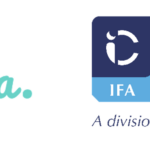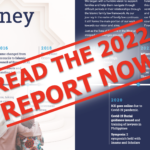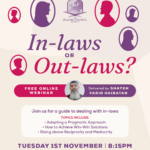Summary
- Both husband and wife wanting to divorce Islamically. Please note:
- Both husband and wife are required to attend
- Wife must not be on her menstrual cycle at time of appointment
- Husband and wife should not have had any intimacy since the wife’s last menstrual cycle
- Certification is only issued once the wife has completed the ‘iddah period
- Husband/Wife seeking paperwork for previous divorce
- For queries relating to Khula’, please select service ‘Application for Khula’
What is Talaaq
Before explaining the Islamic divorce process, it’s important to first understand the Islamic Marriage.
Here is a brief overview:
An Islamic marriage is the state of being united to a person as a spouse in an Islamically legal, consensual, and contractual way. The groom must present a mahr (dowry) to the bride and must obtain the consent of the bride, as well as her guardian, before the Islamic marriage can be solemnised.
Allah describes the Islamic marriage contract as being a ‘مِّيثَـٰقًا غَلِيظًۭا’ (An-Nisa, v21) which translates to a ‘strong covenant’. Through this contract, Allah made halal (permissible) something that would otherwise be haram (forbidden). To make something halal or haram, is a right that only belongs to Allah and as such, no one or group has the right to go against what has been divinely ordained.
The Key ways to actively end the Islamic marriage are:
- Talaaq: Husband issuing a divorce to his wife
- Khula: Wife initiating a divorce from her husband
- Faskh: Dissolution of the Islamic marriage by an Islamic authority.
A Talaaq is a type of divorce that is issued by the husband to his wife. It can be issued verbally or in writing. And in some cases, it can be done via a proxy (someone the husband authorises to issue the divorce on his behalf). Once the talaaq is issued, the wife would enter her iddah (waiting period). During this period, the husband could revoke the talaaq (provided its his first or second); however, once the iddah expires without him revoking the talaaq, the couple would no longer be Islamically married. Should they wish to reunite in the future, they have the option of remarrying Islamically, with a new contract and a new mahr.
Service initiation:
Islamic Council provides two services linked to Talaaq. One is ‘Islamic Divorce Certification’ and the other is the ‘Validity of Divorce’ service.
The ‘Islamic Divorce Certification’ service is where the couple attend a joint session (online or in person) and the husband either issues the divorce or confirms that he had issued the divorce on a past date. If the husband is intending to issue the divorce during the session, it is important to note the following:
- Both husband and wife are required to attend
- Wife must not be on her menstrual cycle at time of the session
- Husband and wife should not have had any intimacy (marital relations) since the wife’s last menstrual cycle
- Certification is only issued once the wife has completed the ‘iddah period
Where the talaaq had previously been issued, and documentation is required, both parties (former husband and wife) must attend a meeting (online or in person) to confirm the details pertaining to the talaaq incident. Once the information is verified from both parties, the Council can issue documentation to confirm the testimony of both parties, provided that the iddah of the wife had already concluded, without the husband revoking the talaaq. If you wish to obtain the confirmation but the other party cannot or is not willing to participate in the verification process, contact our general enquires line to discuss your situation.












